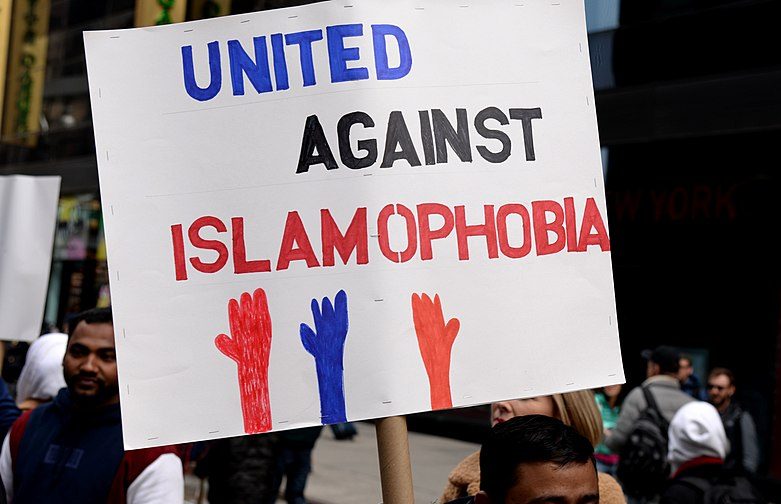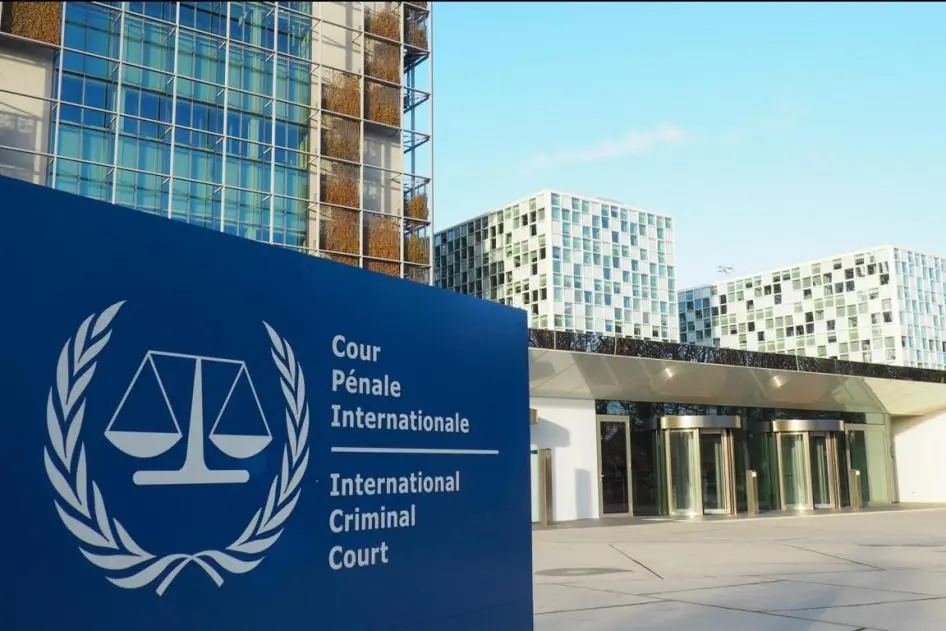Last year saw a “remarkable” rise in Islamophobia in Europe.
The United Nations first International Day to Combat Islamophobia serves as a chance to bring anti-Muslim hatred to a halt, the organisation’s Secretary-General António Guterres said on Monday.
“The first International Day to Combat Islamophobia is a call for action to stamp out the poison of anti-Muslim hatred. Discrimination diminishes us all. We must stand up against it,” Guterres said in a Tweet.
“Today and every day, we must counter the forces of division by reaffirming our common humanity,” the UN chief added.
Tuesday marks the first time the UN observes the international day following the unanimous adoption of a General Assembly resolution last year.
Guterres has previously noted that nearly two billion Muslims globally “often face bigotry and prejudice simply because of their faith.”
“It [Islamophobia] is an inexorable part of the resurgence of ethno-nationalism, neo-Nazi white supremacist ideologies, and violence targeting vulnerable populations including Muslims, Jews, some minority Christian communities and others,” Guetteres said last week.
During a high-level event co-convened by Pakistan, its Foreign Minister Bilawal Bhutto Zardari highlighted the increased hatred towards Muslims in the wake of the September 11 attacks in the United States.
“Since the tragedy of 9/11, animosity and institutional suspicion of Muslims and Islam across the world have only escalated to epidemic proportions. A narrative has been developed and peddled which associates Muslim communities and their religion with violence and danger,” Zardari said.
The Pakistani official added that the anti-Islam narrative is widely spread and “has found acceptance by sections of mainstream media, academia, policymakers and state machinery.”
Following the deadly 9/11 attacks, the West has waged a so-called “War on Terror” that has been widely seen as a guise under which Islamophobia is rolled out globally, where many, particularly in the west, associated Islam with the “terrorism”.
Islamophobia in Europe
Muslims in certain parts of Europe and North America face widespread Islamophobia and a rise in hate speech towards Islam that has only increased over the years.
The alarming rise of Islamophobia in Europe continues to raise concerns globally, particularly among the Muslim community.
Since the start of the year, several European countries have witnessed attacks on those who follow the religion with a series of incidents involving the burning of the Quran, the holy Muslim scripture.
The incidents, all of which were carried out by far-right figures, were seen in Denmark, the Netherlands and Sweden
Last year, the Collective for Countering Islamophobia in Europe (CCIE) reported a “remarkable rise of Islamophobia and the policies that it inspires”, as quoted by Anadolu Agency.
CCIE, a Belgium-based anti-Islamophobia group, attributed the spike in incidents to the rise of nationalism with governments downplaying its risks.
Quantifying the incidents, CCIE said that it received 787 incidents of Islamophobia throughout 2022, including 527 Islamophobic acts.
Other incidents out of the total figure included 467 acts of discrimination, 128 of provocation, 71 of insults, 27 of physical violence along with other harrowing cases.
The United Kingdom and France were described by the report as “the main spots of anti-Muslim hatred and Islamophobic incidents.”
The European Islamophobia Report 2021 warned of the rise of anti-Muslim hate in the region, detailing policies adopted by some countries that have fuelled the animosity.
In France there were 213 anti-Muslim incidents recorded in 2021, half of which were carried out in the form of harming places of worship and cemeteries. A total of 22% of the incidents involved attacks on Muslims.
Meanwhile in the UK, there was a 9% year-on-year increase in cases, with 45% of those reported involving “religiously aggravated” hate crimes.
In Sweden, there was a disturbing figure of 996 cases between 2017 and 2021.
“However, most complaints of religious discrimination were directly related to ethnic discrimination numbering 4,298 during this period,” the report noted.
Qatar was also subjected to Islamophobic rhetoric since it made history in 2010 when it won the bid to host the FIFA World Cup as the first Muslim and Arab country to do so.
Western media commentary and a campaign heavily criticising Qatar spread in the lead up to the event and as it took place. This was also seen following the victories of Morocco’s team, the first African and Muslim country to reach the semi-finals in the World Cup’s history.
Incidents involved comparing the Atlas Lions to monkeys during their heartfelt moments of celebration with their mothers along with other hateful remarks.







